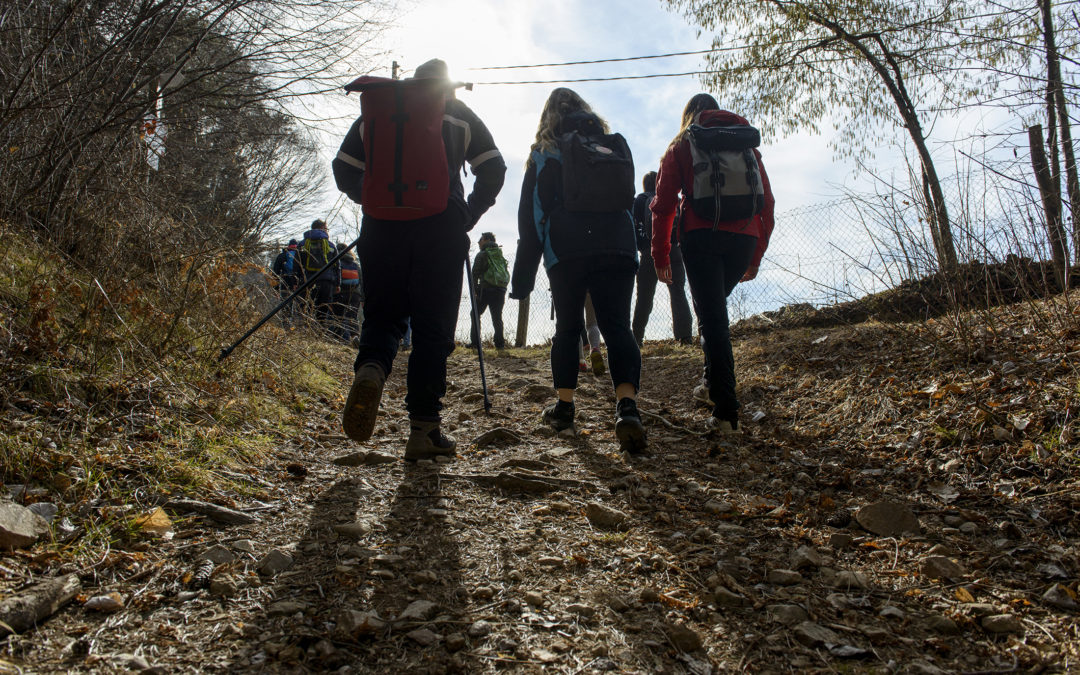MONTANAMENTE
BUSINESS: Montanamente
ADDRESS: Civezzano (Trento), Italy
EMAIL: luca.stefenelli@montanamente.com
WEBSITE: montanamente.com
“ON-CAMPUS” COURSE: ReStartAlp 2017
I am a hiking guide and I believe in the value of mountain therapy. Walking through a forest reduces the levels of cortisol, the stress hormone. It is beneficial for all, but, in particular, for people with a disability. I have worked with refugees and asylum seekers, but, in the end, I chose the mountains, so as to be able to contribute every day to the wellbeing of the groups I lead.”
Luca Stefenelli
The hikers get off the bus at around 9.30am, at the entrance to the village of Cortesano. We are in a small outlying hamlet, in the municipality of Trento, over 500 metres above sea level. Around the fountain, Luca Stefenelli is talking to the group of walkers, about thirty people, between adults, youngsters and children. In the days beforehand, he sent them a message, presenting the day programme: “We will walk for approximately 11 km, with an uphill height difference of 600 metres. I advise you to go to bed early on Saturday night and have a hearty breakfast. You will need a lot of energy, but don’t worry because we will visit some beautiful places”. And again: “We will climb all the way to the top of Mount Calisio and down to Villamontagna, from where we will get the 6.09pm bus, which gets to Trento, in Piazza Dante, at 6.30pm”.
We leave the village through old vineyards. As the path starts going uphill and becomes narrower, Luca begins to explain: “This day is part of a mountain therapy project that I run together with the Trento headquarters of the the Associazione Italiana Persone Down (Italian Down Syndrome People Association). The project is called “Quasi amici” (Almost Friends) and it is in its second year. We create occasions for kids with Down syndrome and their peers to meet, so as to give them all the opportunity to get to know each other and build relations, removing any preconceptions and stereotypes that are linked with this condition. Walking in a forest boosts wellbeing. And that is partly the reason why we make sure that some of these occasions take place in the mountains, amidst nature, in an environment in which everyone has to face the same difficulties. In this context – continues Luca – many stereotypes disappear or even get reversed, and the kid with apparently more difficulties ends up proving more resourceful”.
Mountain therapy
According to Stefenelli, mountain therapy offers an answer to anyone needing to recreate a connection with the natural environment in our hyper-connected society.
Established in 2009, theAssociazione montagnaterapia italiana Onlus, (Italian Mountain Therapy Association) defines mountain therapy as“an original methodological approach of a therapy-rehabilitation and/or socio-educational nature, aiming to provide secondary prevention, care and rehabilitation for people dealing with a variety of issues, medical conditions and/or disabilities by working on group dynamics in cultural, natural and manmade mountain environments”. Mountain therapy activities are largely designed and implemented as part of projects offered by the Italian National Health Service or in other accredited healthcare/social contexts, with the vital support of the Club Alpino Italiano (Italian Alpine Club) and/or other accredited organisations and associations.







